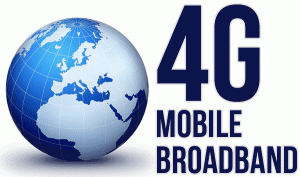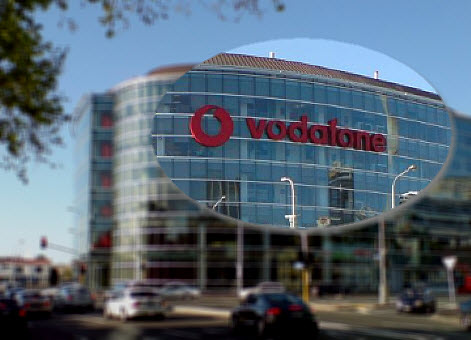The developing world has been boosting its speeds and improving the experience for smartphone users.
According to the results of a recent study conducted by the GSMA, the number of global 4G mobile broadband connections has now reached the point that it has broken the 1 billion mark, for the first time.
In fact, the GSMA is now predicting that, by the year 2020, 4G will represent one in three mobile connections.
The results of the study were shared within this year’s global edition of the “Mobile Economy” report series from the GSMA. It suggested that there is currently a rapid change in technology as 3G mobile broadband shifts in favor of 4G networks. Moreover, it pointed out that this trend is occurring in both developed and developing economies. The outcome is that there is a greater drive in smartphone adoption, digital innovation, and in the growth of mobile data.
The report indicate that 2015 saw mobile broadband growth and acceleration that was unprecedented.
 Data from the study suggested that the world economy saw a $3.1 trillion shot in the arm from the mobile industry. This indicates that the share of the global GDP representing that industry is a massive 4.2 percent.
Data from the study suggested that the world economy saw a $3.1 trillion shot in the arm from the mobile industry. This indicates that the share of the global GDP representing that industry is a massive 4.2 percent.
By the close of last year, 4G was behind more than one billion of the total 7.3 billion mobile connections. In fact, that figure means that there was a doubling of the number of 4G connections that were made, last year, greatly because of the expansion of mobile networks at this level, within developing economies. By the time 2015 came to an end, there were 151 different countries with a total of 451 live LTE networks.
According to the GSMA director general, Mats Granryd, “Our new report reveals that mobile broadband is now a truly global phenomenon, extending high-speed connectivity and services to citizens in all corners of the world.” He went on to say that last year’s growth in mobile technology connections was greater than it had ever been, before and was a “testament to the billions of dollars that mobile operators have invested in next-generation networks, services and spectrum in recent years.”
Vodafone predicts benefits for mobile gaming to come from 4G expansion
Vodafone, a British multi-national telecommunications company, recently rolled out a new 4G network in Germany, where mobile consumers in rural areas can now enjoy access to a high-speed Internet connection. The company is in the process of expanding this network to include urban areas throughout the country. Beyond Germany, 4G is becoming a staple of the mobile space, with many consumers throughout the world enjoying the speeds that 4G networks provide. Vodafone, along with other companies, believe that 4G may spark further growth in the mobile sector, especially where applications and mobile gaming is concerned.
4G connections becoming more common
Millions of smart phone and tablet users now have access to 4G networks, with many more receiving access to these networks on a seemingly daily basis. A 4G connection is comparable to a high-speed broadband connection for a home, giving mobile consumers access to connection speeds that have long been reserved to PCs and similar, stationary products. Vodafone believes that 4G will change the way mobile consumers make use of the Internet, providing them with access to high-definition content and enabling them to upload their own content to the Internet at faster speeds.
Mobile gaming may become more social thanks to 4G
Mobile gaming is likely to benefit from the growth of 4G networks, especially in the social space. Social games, and mobile games in general, often require some connection to the Internet in order for gamers to experience the game’s full features. A faster Internet connection means that gamers can enjoy these features more fluidly, but it also means that they could have access to more complex games that require a very strong network connection.
Mobile consumers likely to enjoy 4G connectivity
Developers are beginning to produce mobile games that are breaching the capabilities of current mobile technology, hoping to gain a head start on the next generation of smart phones and tablets. These games will require better hardware for mobile devices, but also a fast Internet connection to facilitate their various multi-player elements. Vodafone believes that the growth of 4G networks around the world can only lead to benefits for the mobile space and everyone with advanced mobile devices.
 Data from the study suggested that the world economy saw a $3.1 trillion shot in the arm from the mobile industry. This indicates that the share of the global GDP representing that industry is a massive 4.2 percent.
Data from the study suggested that the world economy saw a $3.1 trillion shot in the arm from the mobile industry. This indicates that the share of the global GDP representing that industry is a massive 4.2 percent.

